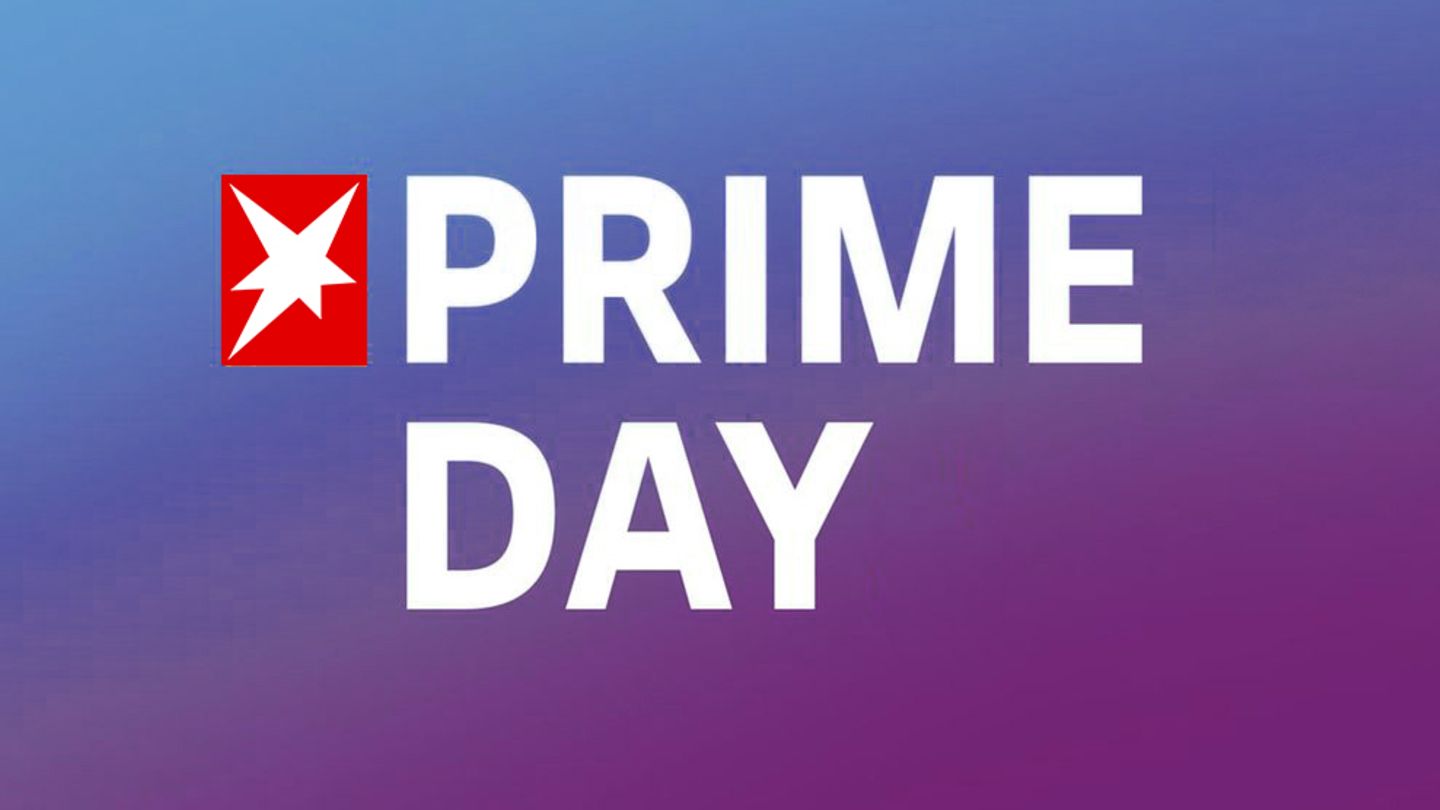Image: Wikipedia
According to “SZ”, the search for an informant from within the company was coordinated with the works council.
“If the heart of an editorial team is being listened to, we cannot accept that,” said “SZ” editor-in-chief Wolfgang Krach to the German Press Agency in Munich on Saturday. “That destroys the working basis of an editorial team.” The approach also met with criticism.
The aim of the search was possible contacts from the “SZ” to the industry service “Medieninsider”. The reason for this was details that had become known from the editorial conference, which “Medieninsider” had reported in detail. At that time it was about allegations about the handling of sources in texts by deputy editor-in-chief Alexandra Föderl-Schmid. According to Krach, the editor-in-chief admitted that she had handled it incorrectly.
Review of technical data
Krach emphasized that the review was purely based on technical data and asked whether there was a connection between the publisher and “media insiders”. “We did not view any personal accounts or the content of emails or phone calls.” Work cell phones were therefore not affected.
On Sunday, a joint statement from the editor-in-chief, the works council and the editorial committee “on their own behalf” was published on the “SZ” website. It said that conferences were a non-public, protected setting. And: What is discussed is subject to editorial confidentiality. The attention to detail and abundance of quotes from the conference that were leaked to the outside world gave rise to the suspicion that “the entire conference had apparently been intercepted or possibly even recorded and passed on verbatim to third parties.” It was also pointed out that a confidential editorial meeting served to protect informants.
- Statement from the Süddeutsche Zeitung
In another “SZ” statement from the three parties it was said that they agreed “that the protection of editorial secrecy is essential for our work. Therefore, there is no question for us that we are colleagues who violate editorial secrecy , try to locate.” In a statement from the editor-in-chief it was also said that the company’s rules on how to proceed should of course be adhered to – in this case a corresponding works agreement. The works council also referred to this regulation.
Search without results
At another editorial meeting last Tuesday, the search of the connection data of employees’ communication devices became the topic of discussion. The search yielded no results and was ended last year, said Krach.
Information also leaked out from this editorial meeting on Tuesday, which “Media Insider” reported on again. Krach said: “The editorial conference is the absolutely protected room of an editorial team in which the most confidential things are discussed.”
In response to a dpa request, the works council explained the process: Since there was no concrete suspicion against a single person, the IT department checked in a first step whether audio or Video files were sent to its domain. “This was agreed with the works council, as the group works agreement provides if a legal violation could have occurred with the publishing house’s work equipment. However, the works council was not on the sidelines because we don’t have to watch an algorithm work.”
The works council also said: “Since this first check revealed nothing, there was no second step. This would have taken place if a single person had exchanged audio or video files with a “media insider” during the period in question. His account can only be accessed in the presence of the person be inspected more closely by a representative of the works council.”
The editorial committee – a body that represents the interests of the editors of the national daily newspaper – said in response to a dpa request that it was not involved in the decision to check email address data, which is currently being criticized in media reports. However, the editor-in-chief and the works council subsequently informed the committee about the procedure. “From the editorial committee’s perspective, the editor-in-chief’s approach was appropriate; according to the works council, sensitive data in the sense of editorial confidentiality was not at risk.”
It continued: “However, many editors see editorial secrecy and corporate culture threatened by the repeated alleged recording and passing on of entire internal conferences.”
In their work, the media regularly base their research on internal information from companies and organizations. The organization Reporters Without Borders criticized: “The actions of the “SZ” editor-in-chief raise serious questions regarding the basic journalistic principle of protecting sources,” said board spokeswoman Katja Gloger, according to a statement from the organization. “It is worrying that the sources of “Media Insider” were targeted in this search operation. Because confidential communication forms the basis for journalism, especially when it involves investigative research.”
Krach emphasized that there was “clear evidence of a criminal offense” with regard to the “violation of the confidentiality of the word.” However, the house will not file criminal charges.
My themes
For your saved topics were
new articles found.

info By clicking on the icon you can add the keyword to your topics.
info
By clicking on the icon you open your “my topics” page. They have of 15 keywords saved and would have to remove keywords.
info By clicking on the icon you can remove the keyword from your topics.
Add the topic to your topics.
Source: Nachrichten




